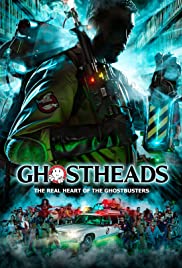
Ghostheads is a documentary that explores the extreme side of the Ghostbusters fandom. Join us as we travel the world meeting extreme Ghostbusters fans. Every Ghosthead is unique. Every Franchise is its own. Every pop culture fandom should learn how to give back to the community.
You May Also Like
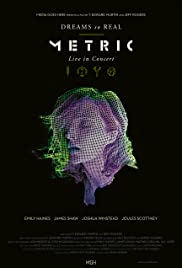
Dreams So Real, the feature-length concert documentary, captures Canadian rock group Metric’s last live performance of a year-long sold-out world tour.

Reporter Bronagh Munro investigates how a teenage gap year student became one of Britain’s worst ever paedophiles.
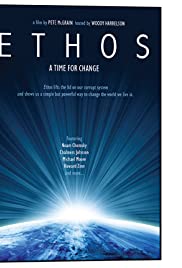
Hosted by twice Oscar nominated actor and activist Woody Harrelson, Ethos lifts the lid on a Pandora’s box of systemic issues that guarantee failure in almost every aspect of our lives; from the environment to democracy and our own personal liberty: From terrifying conflicts of interests in politics to unregulated corporate power, to a media in the hands of massive conglomerates, and a military industrial complex that virtually owns our representatives. With interviews from some of todays leading thinkers and source material from the finest documentary film makers of our times Ethos examines and unravels these complex relationships, and offers a solution, a simple but powerful way for you to change this system!

A film composed entirely of archival photographs and documents related to the Iași Pogrom of June 1941. The first part of the film consists of photographs of the victims, accompanied by statements and testimonies about their fate. The second part, shorter, is a montage of photos of the pogrom itself.
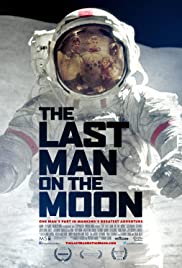
The 1960s was an extraordinary time for the United States. Unburdened by post-war reparations, Americans were preoccupied with other developments like NASA, the game-changing space programme that put Neil Armstrong on the moon. Yet it was astronauts like Eugene Cernan who paved the uneven, perilous path to lunar exploration. A test pilot who lived to court danger, he was recruited along with 14 other men in a secretive process that saw them become the closest of friends and adversaries. In this intensely competitive environment, Cernan was one of only three men who was sent twice to the moon, with his second trip also being NASA’s final lunar mission. As he looks back at what he loved and lost during the eight years in Houston, an incomparably eventful life emerges into view. Director Mark Craig crafts a quietly epic biography that combines the rare insight of the surviving former astronauts with archival footage and otherworldly moonscapes.
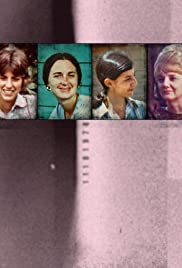
The story of four women in Jim Jones’ inner circle who helped plan the 1978 Jonestown Massacre, one of the largest murder-suicide events in modern history which left 918 men, women and children dead.
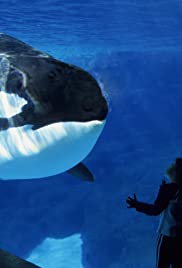
Long Gone Wild focuses on the plight of captive orcas, picking up where the acclaimed documentary Blackfish left off while telling a uniquely new and different story…
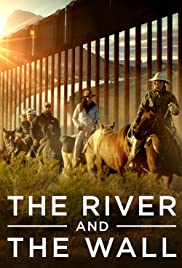
This documentary follows five friends on an immersive adventure through the unknown wilds of the Texas borderlands as they travel 1200 miles from El Paso to the Gulf of Mexico on horses, mountain bikes, and canoes. They set out to document the borderlands and explore the potential impacts of a border wall on the natural environment, but as the wilderness gives way to the more populated and heavily trafficked Lower Rio Grande Valley, they come face-to-face with the human side of the immigration debate and enter uncharted emotional waters.
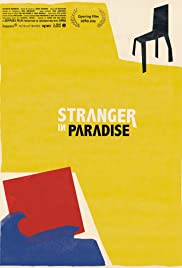
A political essay on the absurd dilemmas presented by asylum policies. In a classroom, migrants’ illusions are dashed against the rocks of European arrogance.

‘JFK: Seven Days That Made a President’ investigates the seven key days in JFK’s life that helped shape his character and have come to define him.

Their family name alone evokes horror: Himmler, Frank, Goering, Hoess. This film looks at the descendants of the most powerful figures in the Nazi regime: men and women who were left a legacy that indelibly associates them with one of the greatest abominations in history. What is it like to have grown up with a name that immediately raises images of genocide? How do they live with the weight of their ancestors’ crimes? Is it possible to move on from the crimes of their ancestors?
